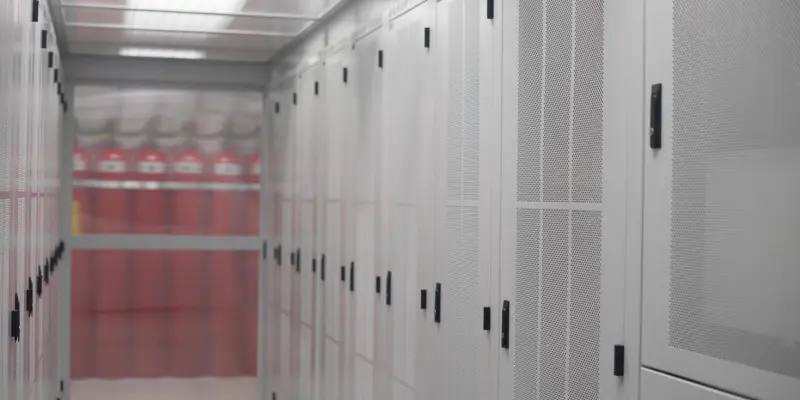Across communities in Michigan, the clash between industrial growth and the preservation of rural character is gaining prominence. This tension is exemplified in Augusta Township, where Thor Equities has proposed the development of a massive data center campus covering a staggering 522.2 acres. The project seeks rezoning from agricultural/residential to general industrial classification. While advocating for economic growth and technological advancement, such endeavors invariably trigger apprehension among local residents about the irreversible impacts on their neighborhood’s intact natural landscapes. At the heart of this debate is the question: will economic development necessitate compromising the township’s pastoral environment?
Community Concerns and Developer Promises
Balancing Economic Opportunities with Rural Charm
Key among the community’s trepidations is the potential alteration of Augusta Township’s rural charm, raising valid concerns about the changing landscape’s influence on residents’ quality of life. Many worry that the area’s transformation into a bustling industrial hub would compromise its natural beauty, potentially disrupting not only the physical environment but also the cultural identity that makes it unique. While Thor Equities has repeatedly affirmed its commitment to community care, emphasizing that the campus covers only 20% of the entire site, residents remain concerned. Ann Arbor Spark has supported Thor’s proposal, advocating for more rigorous site review stages to allow the township to meticulously unearth both potential benefits and any hidden risks.
In advocating for the development, supporters highlight the economic stimulation it could offer. With potential investments exceeding $1 billion, this project could significantly bolster infrastructure and job prospects. The township, though, must weigh these advantages against preserving its distinctiveness. Community opposition, characterized by its notable vote from the local planning commission, underscores the genuine concern about the long-term impacts on the environment and local lifestyle. Residents are eager to ensure that any economic progress does not come at the expense of their serene surroundings.
Examining Rezoning’s Impact
As deliberations progress, it becomes clear that rezoning these vast acres from agricultural to industrial use is multifaceted. Proponents argue it aligns with global technological trends, promising innovation and infrastructure upgrades. However, this transition demands careful consideration, particularly regarding potential increases in traffic and noise these changes might bring. The intrinsic value of maintaining agricultural land against expanding industrial zones adds another layer of complexity to this debate.
In response, Thor Equities continues to demonstrate its intent to address community concerns. By drawing parallels to its successful ventures, like the Madrid campus, the company aims to reassure skeptics of its expertise and commitment to sustainable development. Engaging with the community in open dialogue, Thor emphasizes how preliminary stages of the project present opportunities for collaboration and input.
Decision-Making and Future Prospects
Township Board’s Role and Community Influence
Ultimately, the fate of Augusta Township’s landscape lies in the hands of the Township Board, tasked with considering the planning commission’s recommendations, community perspectives, and potential economic gains. This places community influence at the center of decision-making processes. Residents, knowing the indelible impact their voices hold, eagerly engage in dialogues, seeking to shape a decision that reflects both their apprehensions and aspirations.
Meanwhile, as the decision unfolds, it reflects broader trends in community planning and technological integration, illustrating the delicate balance between embracing modern development and safeguarding rustic character. Thor Equities, simultaneously advancing projects in Georgia and elsewhere, represents a growing portfolio of similar data center ventures, manifesting its vested interest in fostering dialogues where community interests anchor industrial enterprise.
Reflections and Next Steps
In Michigan communities, there’s a growing tension between the drive for industrial expansion and the need to preserve the rural character that defines these areas. This conflict is particularly evident in Augusta Township, where Thor Equities aims to build a sprawling data center campus over 522.2 acres. They are asking to change the area’s zoning from agricultural/residential to general industrial, which has sparked debate. Many support the economic growth and technological progress such projects promise, yet these initiatives often stir concern among locals about the lasting effects on their area’s untouched natural landscape. Central to this discussion is the crucial question: does the pursuit of economic development have to come at the cost of compromising the township’s serene pastoral setting? As communities weigh the benefits against the costs, the challenge lies in finding a balance that respects both growth ambitions and the preservation of valued rural environments.

